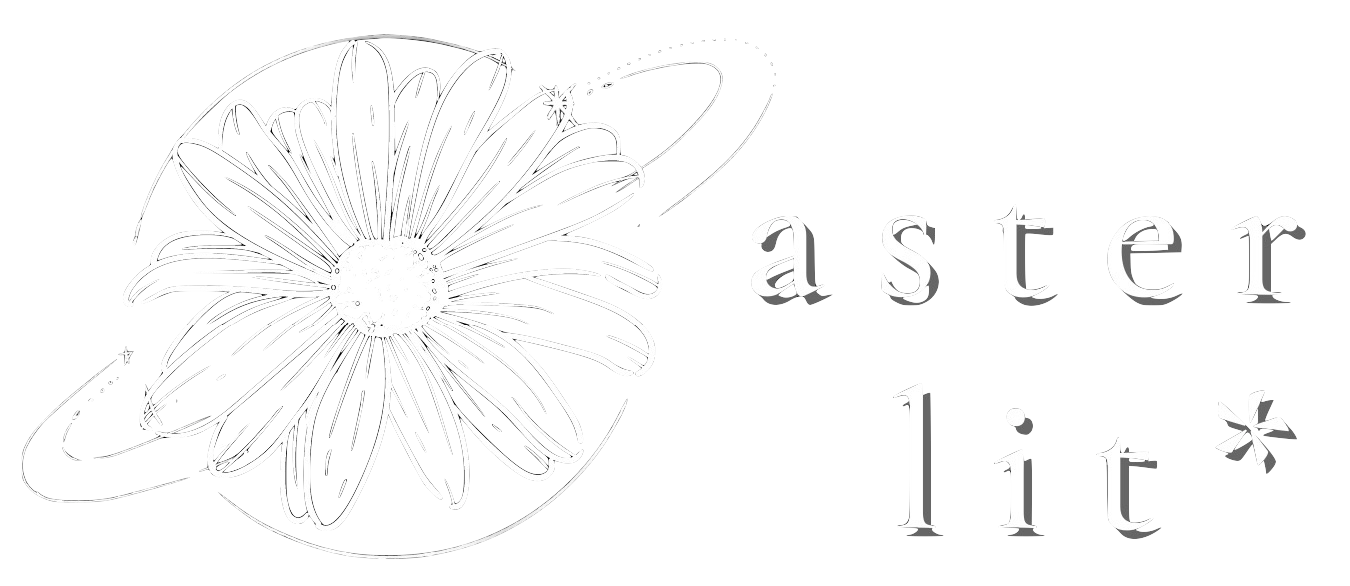
Aster Lit: translatability
Issue 12- Summer 2024
Q&A with Saheed Sunday
How do you interpret this issue's theme, translatability, in relation to your work?
Translatability in “Nyame Dua” can be interpreted through the resolution of the poem, wherein the poet’s persona makes the mistake of mistranslating a crucial aspect of his culture, and this heavily cost him a wrong turn in his decision — he planted his strong will metaphorically into a tree for constant vitality. Unknowingly for him, just like all living things are liable to go to rest (as his culture teaches), his will goes to rest along with the tree he plants it into.
You integrate pieces of your language and culture into multiple parts of the poem. Do you worry, ever, when writing multilingual poetry that certain nuances may be lost on some readers? Or is that the point, creating almost an inside understanding between you and your readers who relate?
Not necessarily, no. In fact, this poem does not in its entirety reflect my culture alone. I’m Yoruba, for instance, but the title of the poem is Ghanaian, and the idea of a tree going to rest isn’t actually culture-specific as it is foregrounded in the poem. The only part of the poem that is Yoruba is the line, “carry the strength and grace of Agbongboakala….” In essence, this poem presents a cluster of Africanness, and you should know that this is totally intended. As a poet, I think poetry — apart from being a place to emote — can also be a place of knowledge. Writers sometimes spend months researching some things about a particular motif, and this is in the hope that the readers too would put something as little as half the work to find them. In my case, the work was put into reflecting a cluster of cultures, and it is my hope that readers would put in the work to look into these cultures and discover what beautiful maxims lie within them. So, to answer the question. Yes, I worry that some nuances might be lost on the readers when I write poems that are multilingual or multicultural, but I am also usually hopeful that there would be certain readers who would see into the efforts and put in theirs, likewise, to unravel the meaning(s) behind these efforts. And that is enough compensation, really.
Does your work usually have themes of translatability? If not, how did you feel about getting to explore it in this piece, and do you see yourself delving deeper into this theme in any future works?
I have written quite several poems that reflect the theme of translatability. From “Rainstorm in Lafenwa” to “Pilgrimage” to “In the syntax of some languages, Minnesota can fill in the same gap as láfénwá”.

